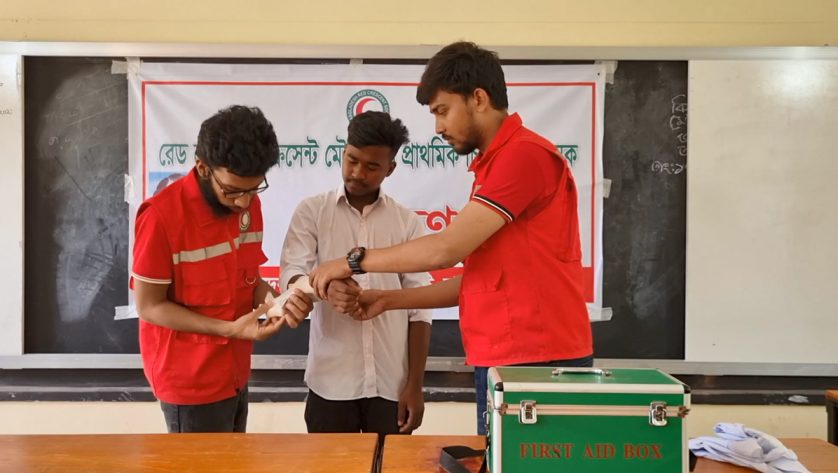Scaling up
But how to bring meaningful and effective psychological care, appropriate to the needs, to large numbers of people in places where health systems are inadequate, non-existent or highly disrupted by crisis?
Consider the conflict in Syria. Before the war broke out, the country had a functioning health system that included psychologists and psychiatrists in both public health services and private practice. Now the health system is largely destroyed and most health professionals have fled the country.
For millions of Syrians living under siege, displaced or living in other countries, finding help is extremely difficult. Health systems in neighbouring countries, stretched thin before the conflict, are not able to meet the increased demand. Humanitarian organizations and local non-governmental organizations (NGOs) are working desperately to fill the gaps.
“We do not have enough staff to address these problems, so many people are not being helped,” says Martha Bird, an adviser at the IFRC’s Psychosocial Support Centre in Copenhagen, who is coordinating research on a variety of scalable psychological interventions proposed by the World Health Organization.
“What these interventions generally try to do is change who — which professionals and which people — can offer help. So instead of using highly trained psychologists, Syrian refugees who are not suffering from severe mental health problems can be trained to offer these services. It’s a peer-to-peer model.”
Through randomized control trials with Syrian refugees in eight countries (Egypt, Germany, Jordan, Lebanon, Turkey, the Netherlands, Switzerland and Sweden), the research is hoping to establish whether these interventions work. If they do, the idea would be to bring them to a far wider group.
“Hopefully, it will allow us to address the mental health problems of a lot of people at lower costs and with more people able to do it,” says Bird. “What we have to be very careful about is implementing the intervention with the right beneficiaries. So the intervention precludes, for instance, people who are suicidal. They would need much more care.”
Supervision is also a key element. A typical scenario might involve four Syrian asylum seekers working in an NGO with a fifth overseer who is a Syrian psychologist and a sixth who is a psychologist from the host country. “They would monitor whether the helpers are themselves well and implementing things correctly,” says Bird.
National Societies are also scaling up. Under a cooperation agreement with UNICEF, the Turkish Red Crescent is training young Turkish and Syrian volunteers to work with children in dozens of “child and youth friendly spaces” — established in numerous camps and urban centres — where children can freely and safely express themselves.
According to two psychologists who studied the impact of these efforts, the child friendly spaces offer young people — who have experienced great trauma and continue to live very restricted lives — to be children again.
“Some children have been living in camps for over four years, behind fences, without contact from anyone outside the camp,” the two psychologists wrote in a 2016 report. Those who live in cities, meanwhile, are in poor, overcrowded accommodation, face daily harassment and a very uncertain future.
While the volunteers can not address all these problems, the fact that the Turkish youth workers can speak with the child refugees (in Arabic or in some cases Kurdish) means that at least the children can be heard. The young Syrian volunteers, meanwhile, enjoy an even closer cultural connection. “As a result, the work turns into a healing process for the children and the young people,“ the psychologists reported.
According to the Turkish Red Crescent, some 2,500 volunteers have been trained so far, and some 377,000 children have benefited from the child friendly spaces. Still, the authors conclude that to meet the need, the number of child friendly spaces in camps and urban areas need to expand dramatically.
 Red Cross Red Crescent magazine
Red Cross Red Crescent magazine 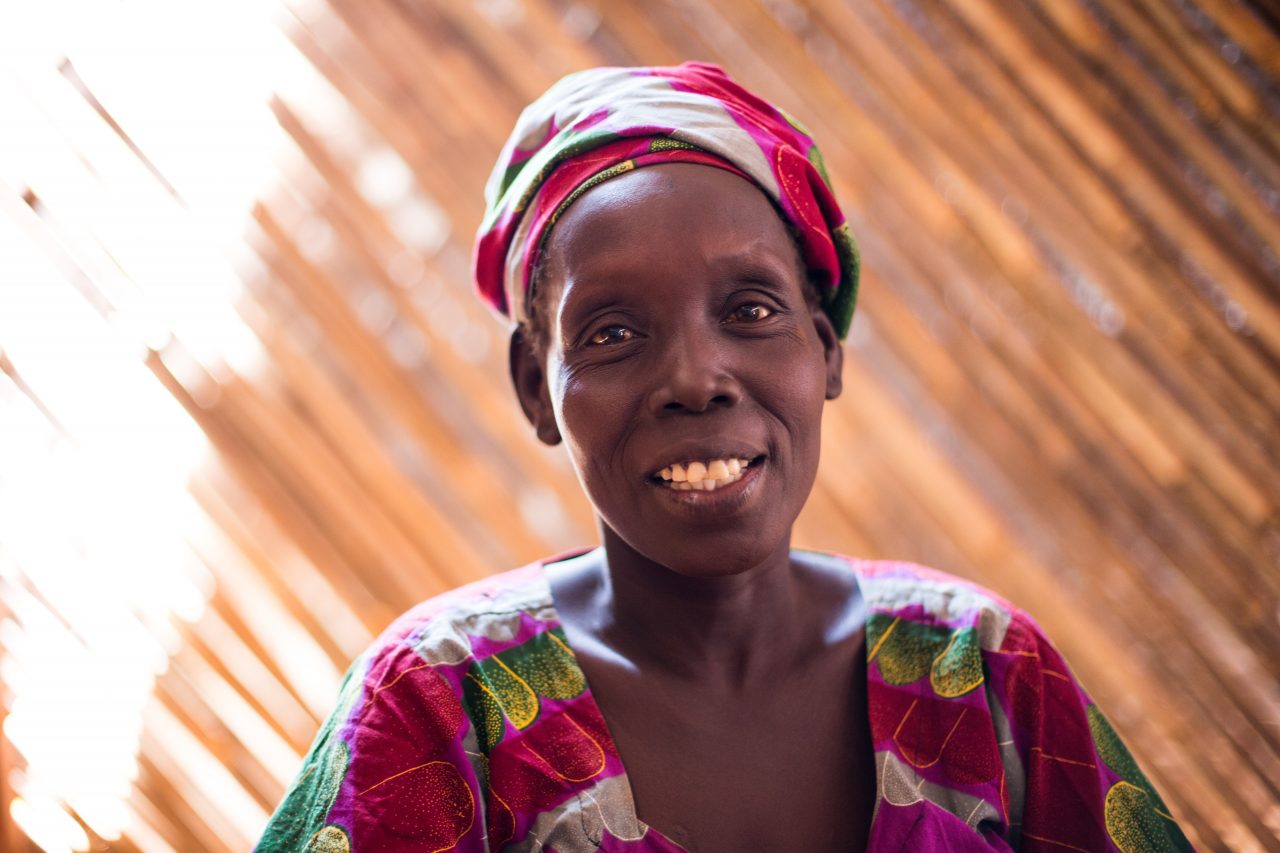
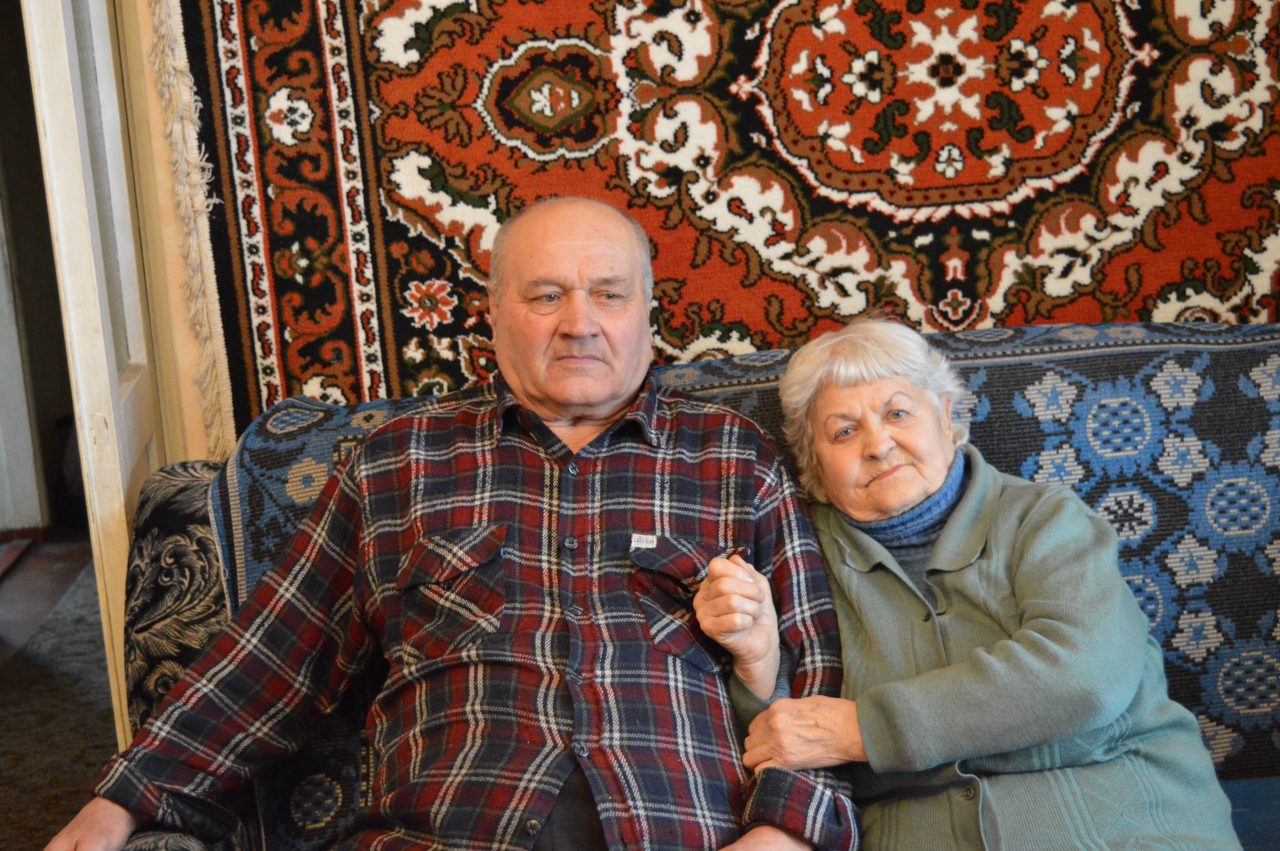
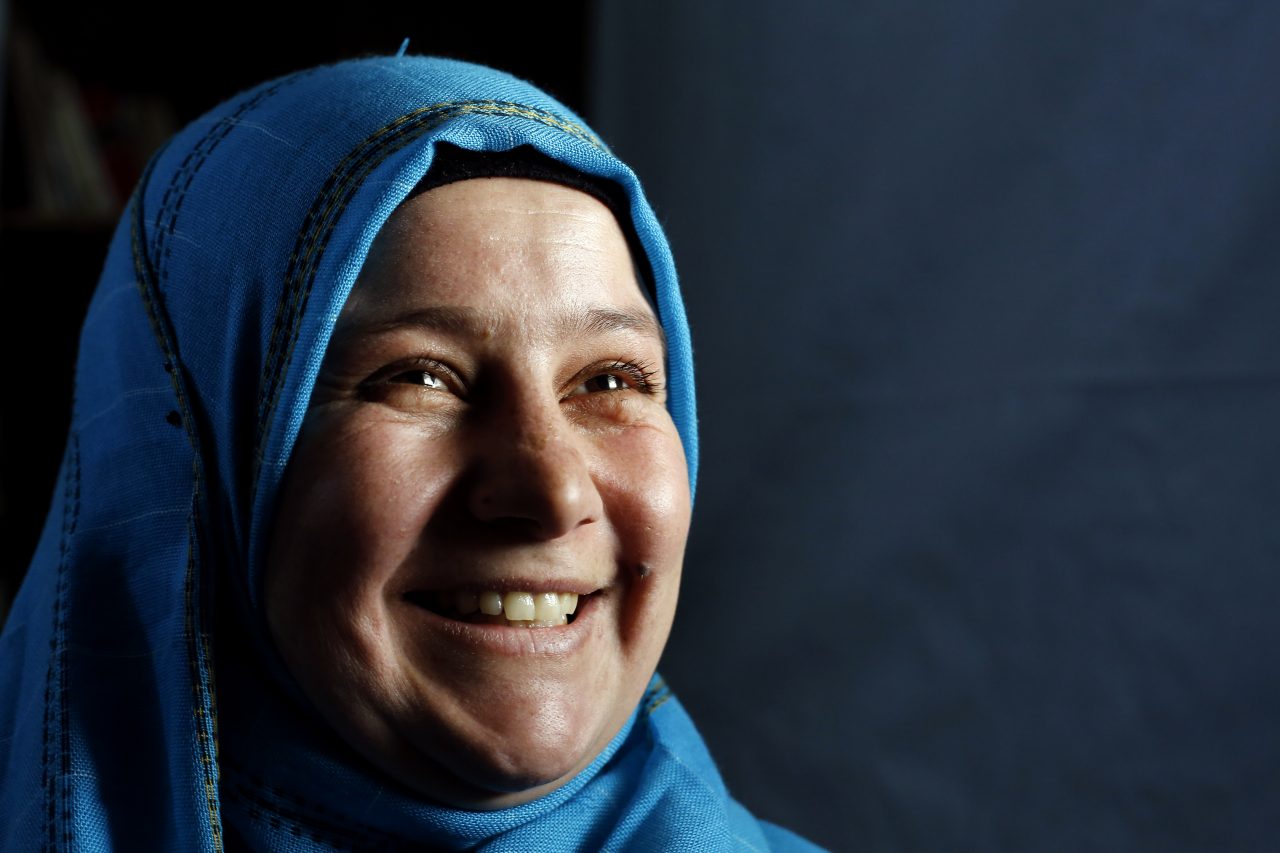
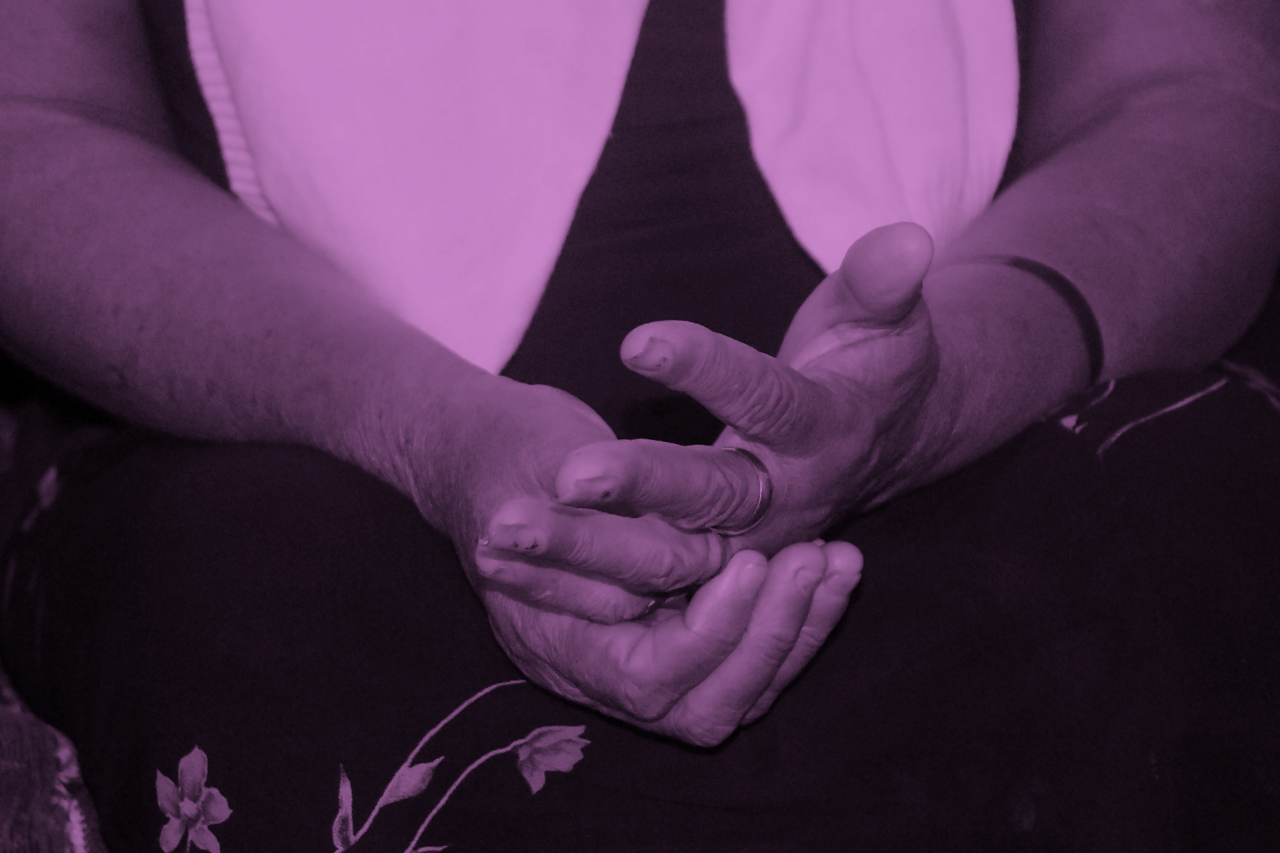






 Tech & Innovation
Tech & Innovation Climate Change
Climate Change Volunteers
Volunteers Health
Health Migration
Migration